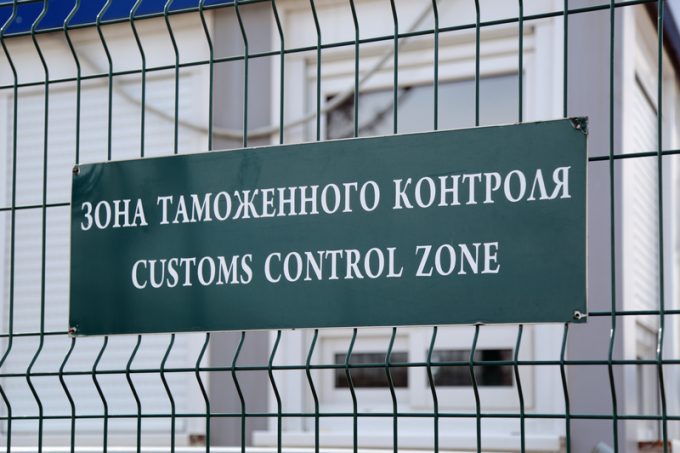Rodolphe Saadé pledges to help Trump revive US shipping – report
In a story headed ‘French Shipping Magnate Pledges to Help Trump Revive U.S. Shipping’, WSJ ...
WTC: RIDE THE WAVEFDX: TOP EXEC OUTPEP: TOP PERFORMER KO: STEADY YIELD AND KEY APPOINTMENTAAPL: SUPPLIER IPOCHRW: SLIGHTLY DOWNBEAT BUT UPSIDE REMAINSDHL: TOP PRIORITIESDHL: SPECULATIVE OCEAN TRADEDHL: CFO REMARKSPLD: BEATING ESTIMATESPLD: TRADING UPDATEBA: TRUMP TRADE
WTC: RIDE THE WAVEFDX: TOP EXEC OUTPEP: TOP PERFORMER KO: STEADY YIELD AND KEY APPOINTMENTAAPL: SUPPLIER IPOCHRW: SLIGHTLY DOWNBEAT BUT UPSIDE REMAINSDHL: TOP PRIORITIESDHL: SPECULATIVE OCEAN TRADEDHL: CFO REMARKSPLD: BEATING ESTIMATESPLD: TRADING UPDATEBA: TRUMP TRADE

It may be tempting to think of the Brexit vote and Donald Trump’s election as the popular backlash against globalisation, but the reality appears to be that nation states have been steadily pushing against trade liberalisation since the onset of the financial crisis eight years ago, according to Reuters. And the worst offenders over this period? Step forward the hypocritical trade representatives of the EU and US, which have each adopted over 1,000 different trade barriers. India came next with around 400. In fact, during the same time, just three – Brazil, Saudi Arabia and Tunisia – of the 60 largest economies in the world have actually reduced tariffs and other barriers


Comment on this article